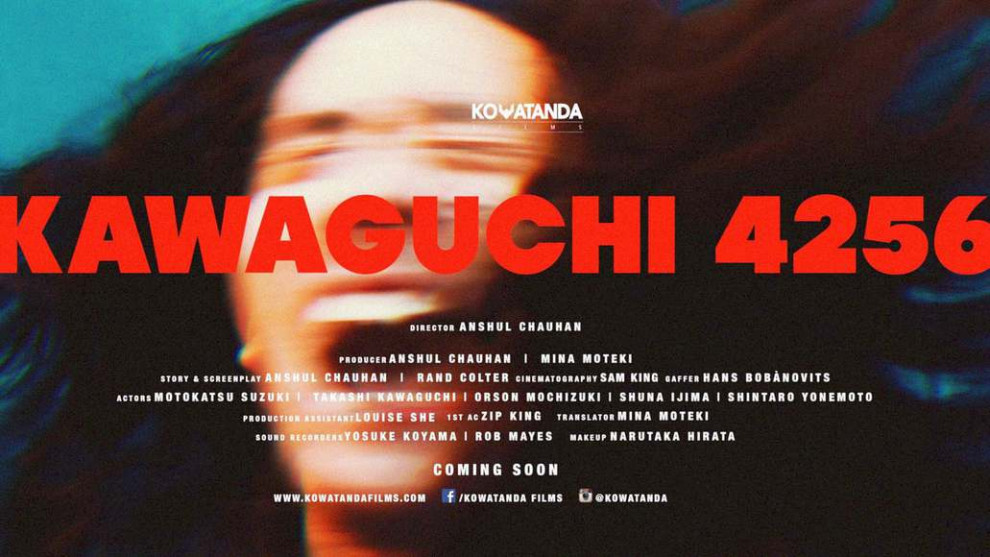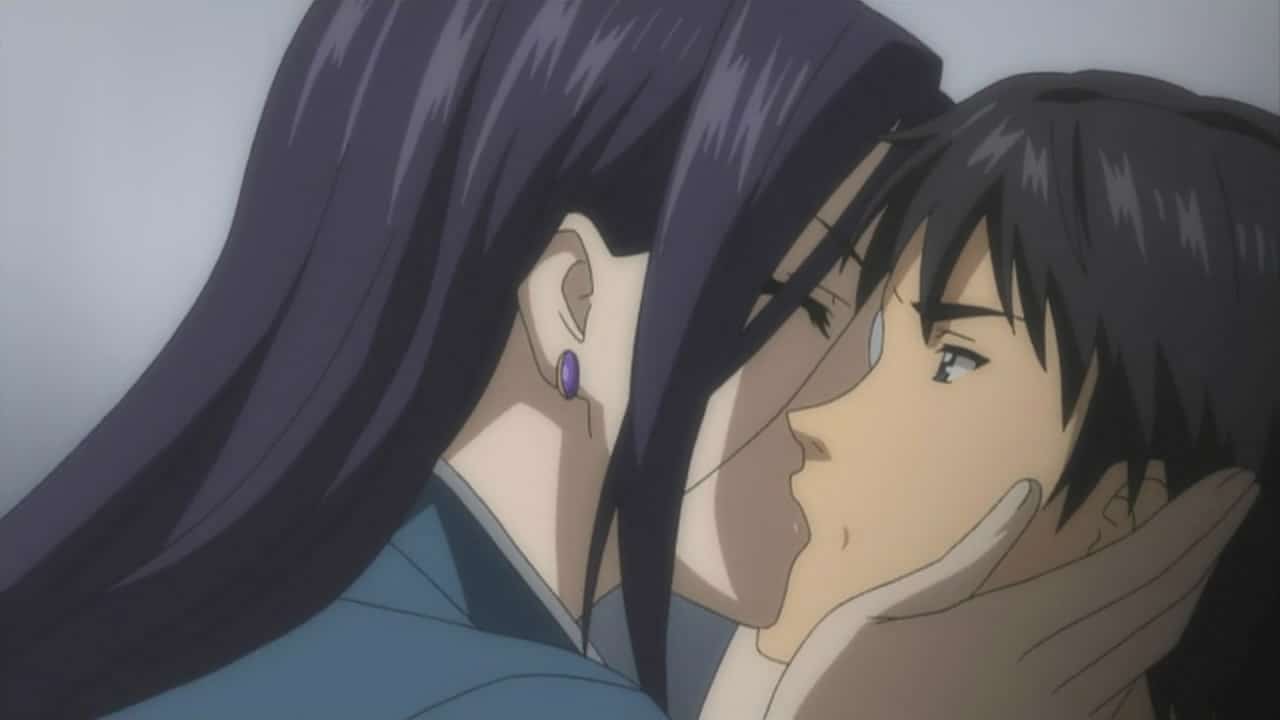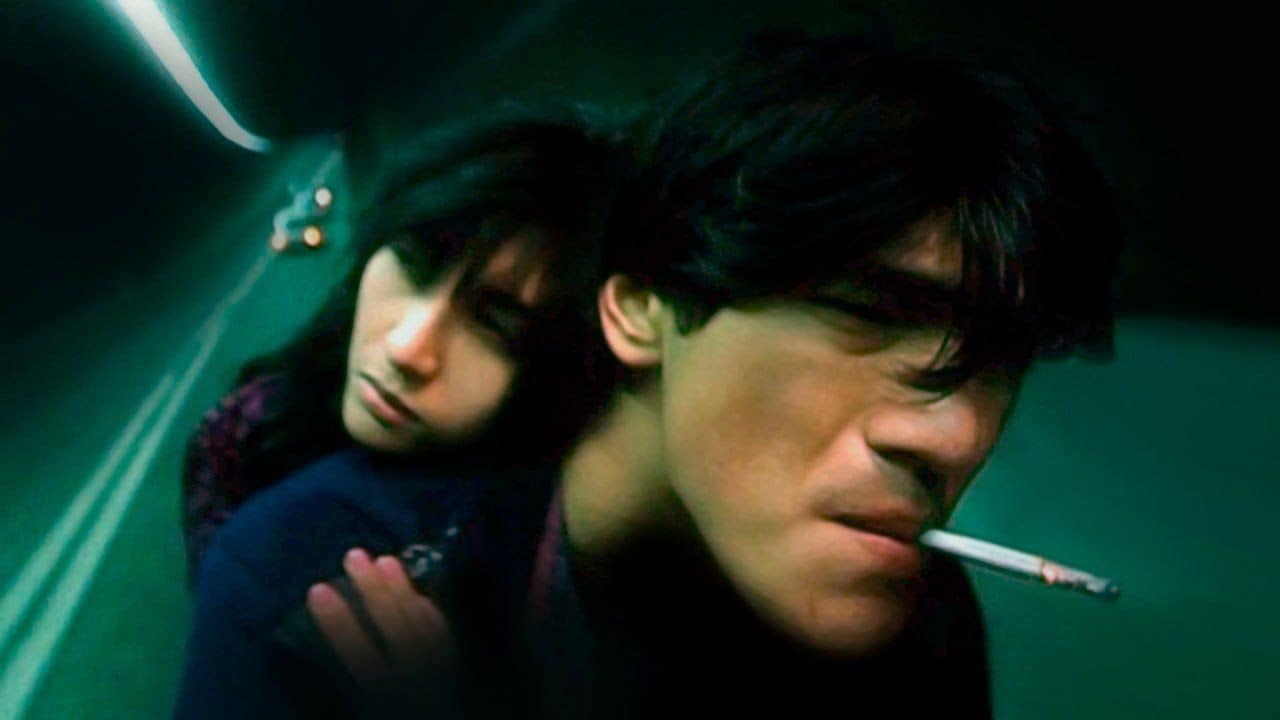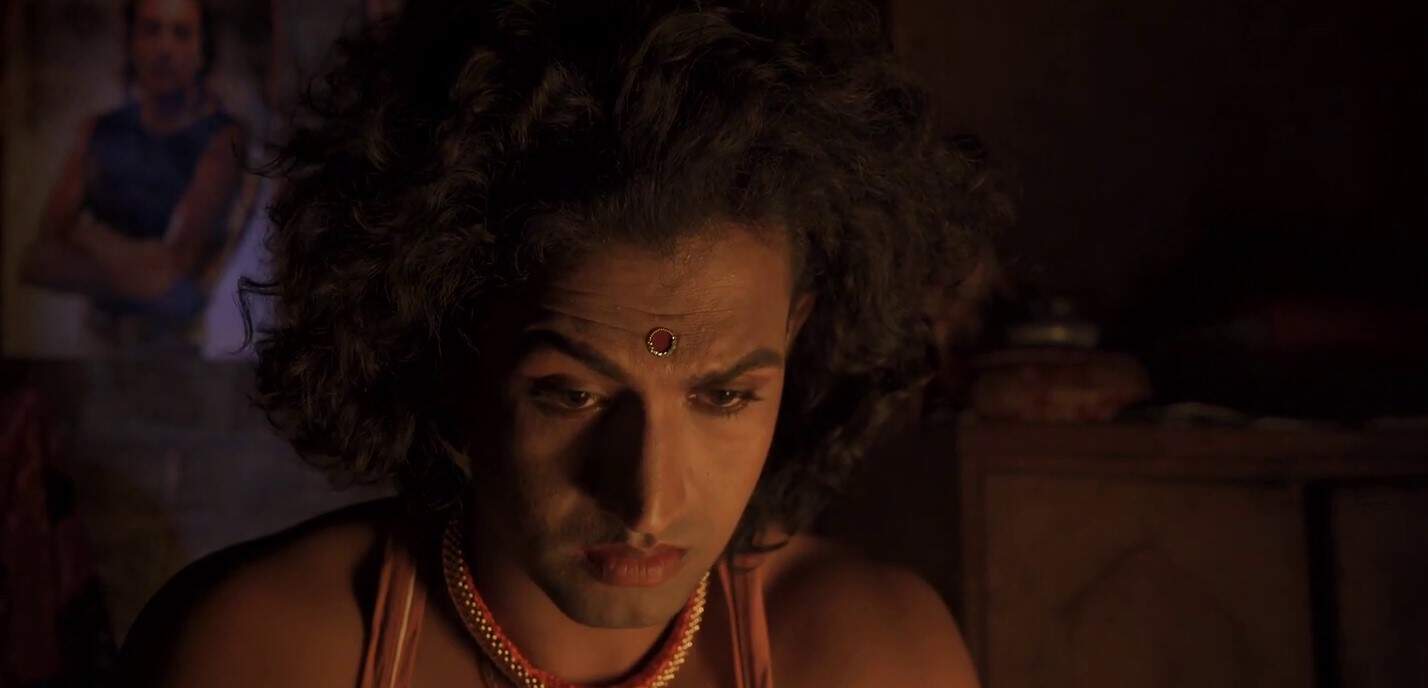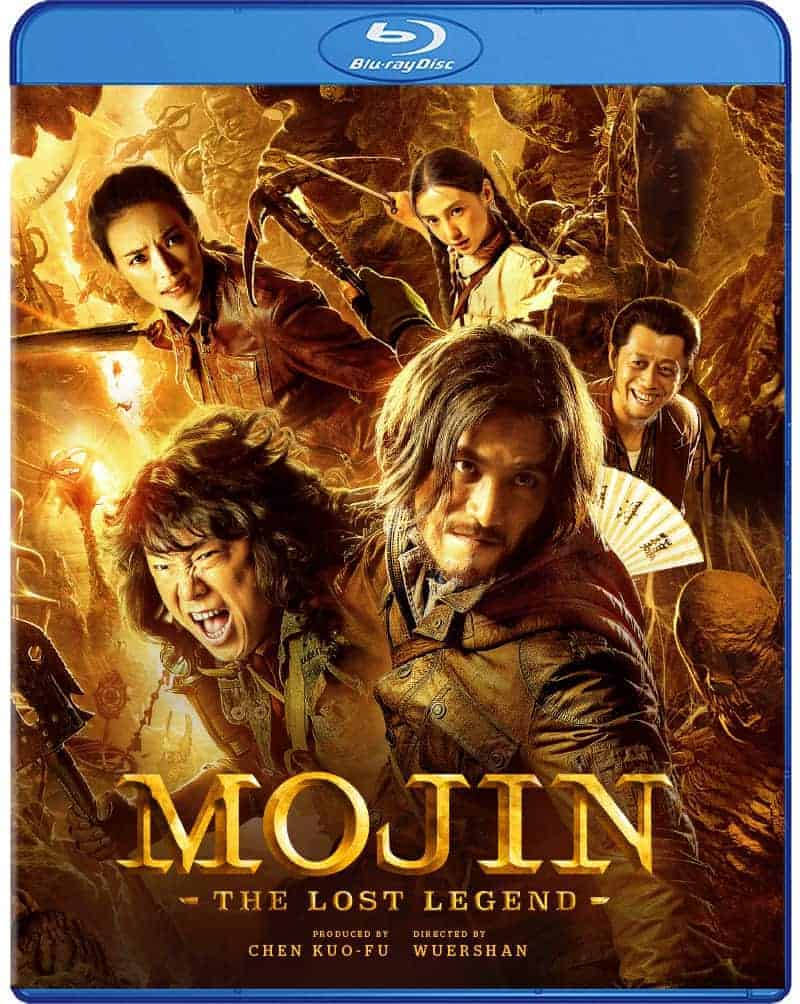Crying Free Sex (2017) by Tomohiro Iwasaki (15.11 minutes)
Japan has always been the foremost movie industry in the production of curios to the point of wtf movies, and “Crying Free Sex” definitely continues this legacy.
The totally absurd script revolves around two secret agents, Naomi and Cobra, who, before embarking on their mission, decide to have sex, after the instigation of the former. However, the woman does not realize that the issue with Cobra’s genitalia, that has actually given his nickname, will bring them so much trouble. Soon, they find themselves stuck (you know what I mean) and having to face scores of enemies that include agents in black suits and samurais, as they embark on a trip that brings in a number of places.
Taking the sex and shooting scene from Michael Davis’s “Shoot “Em Up” as its base (parodying it actually), Tomohiko Iwasaki directs a truly preposterous film, through a combination of exploitation and manga aesthetics with some splashes of slapstick comedy. Everything in the movie, from the erotic and the action scenes, to the script, the cinematography, the SFX, the editing and the music point towards this direction and result in a true curio, in Japanese fashion. To conclude the nonsensical notions of the film, Allen Ai, who appeared in Kim Ki-duk’s “Stop”, plays Naomi.
“Crying Free Sex” evidently, is addressed solely to the fans of the Japanese extreme film, but I think that Tomohiko Iwasaki really has what it takes to shoot a feature splatter film, in the style of Yoshihiro Nishimura.
Cycle Cycle (2017) by Junichi Kanai (18.13 minutes)
Two high school boys, Junpei and Satoshi, start a bicycle trip around Japan on a tandem. Soon they argue, because Satoshi thinks that by staying in the back sit he cannot get more followers from the posts he shares on Facebook. Since Junpei cannot sit in the back because he gets dizzy, Satoshi decides to leave him and the duo splits up. Junpei keeps going on his own trip by bicycle and picks up a hitchhiker named Mitsuru to ride with him. Mitsuru is heading to his grandfather’s house who he hasn’t seen for years. However when they reach the house, they find a dead body in the room…
Junichi Kanai directs a delightful short, filled with humor (check the ways Junpei implements to keep Mitsuru from leaving) and a number of comments regarding modern Japanese society. The role social media play, particularly in the lives of youths, friendship, the way the elderly are treated, and the concepts of family and friendship (no road is long with good company) are the central ones. Add to that the beautiful cinematography which highlights the country with some elaborate framing and the very fitting music, and you have a very nice short, which follows most “rules” of the Japanese indie film, which is the genre I would like to see Jinichi Kanai dealing in feature form, in the future.
Kawaguchi 4256 (2017) by Anshul Chauhan (30 minutes)
As Anshul Chauhan stated in an interview I had with him, “I shot a short film in December of 2016 (Kawaguchi 4256) that featured Shuna (Iijima), Orson (Mochizuki) and Takashi (Kawaguchi). My real intention for making that film was just to test these three actors for my feature, though they were not aware of this. That short film helped me see them clearly and understand them in a better way, allowing me to write my feature with them in mind”. “Kawaguchi 4256” however, is much more than just a “prequel”.
After the death of their matriarch, a dysfunctional family of four (two sons and a daughter) is reluctantly reunited under one roof. The three siblings are quite different from each other, since Aki, the oldest one, is a rebellious hip hop artist, Jun a young woman on the brink of a nervous breakdown, and Tetsu, a happy-go-lucky young man, at least on the outside. Tensions clash when the father, on one of his alcoholic fits, becomes violent against Aki, and even more, when he announces that he is about to get remarried, just six months after his wife’s death.
Anshul Chauhan directs a short which deals, as “Bad Poetry Tokyo“, with the concepts of family and the consequences of abuse, particularly when directed from parents to their children. His take on the subjects is rather obvious, with the blame being put directly on the father, who seems to care about nothing apart for himself, his factory, and his “values”, which mirror the traditional ones of the previous generation, about appearances and respect. In this awful setting, his children try to find different ways to “escape”, although they do not seem able to. Through this concept, Chauhan creates a sense of claustrophobia which is further stressed by Sam King’s cinematography, whose camera fills the film with close shots, with the sole exception of a scene by the sea. What remains in the end, is the fact that violence creates more violence, in a concept that is stressed repeatedly throughout the film.
The acting is quite good, with Orson Mochizuki as Aki and Motokatsu Suzuki as Father, being the ones who stand out, both as individuals and through their differences.
“Kawaguchi 4256” is a herald of all the artistry and meaningfulness that featured in “Bad Poetry Tokyo”, but also a very interesting spectacle by itself.


